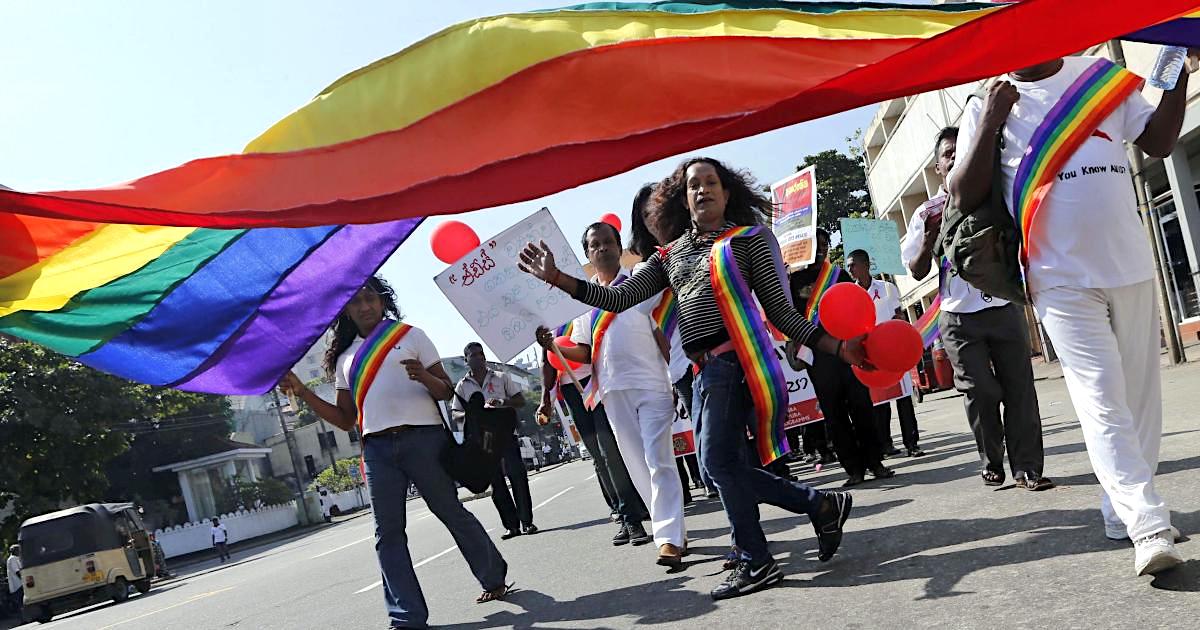
Women of the north have been one of the most affected communities of the war; they are a socially excluded community. Approximately 60,000 households in the Northern Province were estimated to be female headed as of 2015. However, the current numbers are estimated to be lower.
Men died in the war, were injured or disappeared. Families lost ancestral land and lost their livelihoods. As a result, widows in these regions have been seen as easy targets because they don’t have male protection. These circumstances make women exceptionally susceptible to sexual violence and exploitation. Those from ethnic, racial, religious or political minorities become targets for conflict related sexual violence. Those who have become vulnerable due to the conflict could be targeted when they return to their homes1.
Some women are already survivors of sexual violence and rape from the war. Yet, there is little to no consistent and available psychological and mental health support. Data shows that the security forces were among the perpetrators of this violence during and soon after the war. Some reports indicate that security forces’ involvement in the violations continued for a period even after the end of the war. Irrespective of who the perpetrator is, stigma attached to rape and sexual assault, fears of social ostracization, as well as violence or threats from the offender can push victim-survivors to withdraw their complaints or refrain from reporting. These Tamil women in the north have the further trauma of rape being used as a weapon of suppression. The culture of impunity of perpetrators is worsened by these women’s lack of social, political and economic clout.
This has further contributed to the increase in violence against these women. Immunity enjoyed by men, and particularly those of the armed forces who are now celebrated as war heroes in the South, has further threatened the safety of these Tamil women. As of 2016, it was found that women were yet to receive justice for sexual offences committed many years ago. There have been reports of former female combatants being harassed by the security forces even after they were released from rehabilitation camps. Not only do these women not receive justice for past offences but access to justice for ongoing violations, even those from their homes, is a struggle. Reports indicate an increase in domestic violence in the North and East.
Groundviews for more
